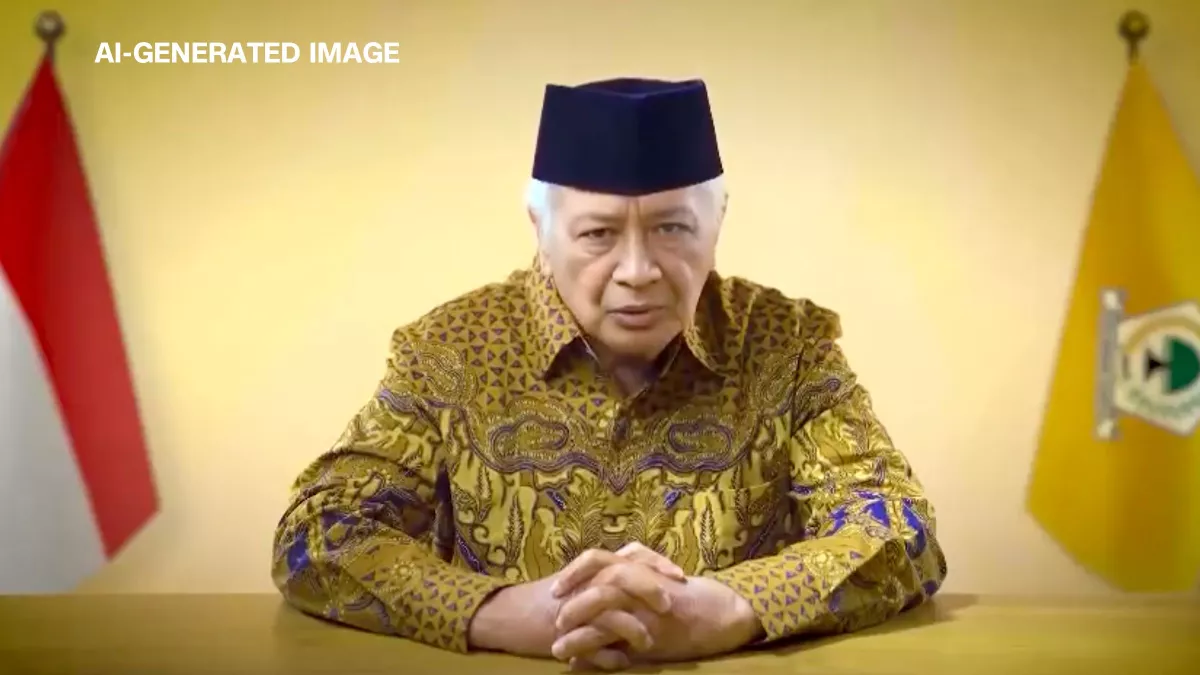Deepfakes that tried to sway results in 2024 super-election year
Voters in over 60 countries went to the polling booths in 2024 which turned out to be an extraordinary election year on all continents. Incumbent officials and traditional political fractions were less delighted by the year as the elections posed to be an outlet for many society's growing frustrations over economic and social issues. As the opposing political camps were locked into fiercy debates in most election countries, many witnessed the potential dangers of generative AI in manipulating political narratives through fake images, audio, and videos online.
Early fears were underscored by a deepfake mimicking US President Biden. As the NPR publication recalls, voters received telephone calls with a voice posing as Biden telling them not to participate in New Hampshire's primary elections of delegates in January 2024 but save their vote for the presidential elections held in November. Although the stunt was intended to raise awareness about AI misuse, it resulted in a $6 million fine and criminal charges for a Democratic political consultant who commissioned the work.
In the end, the U.S. elections did not experience many instances of deceptive deepfakes that vastly influenced the election outcomes. However, AI was used to create openly artificial memes and content, influencing in more subtle and pervasive ways. As Zeve Sanderson from NYU’s Center for Social Media and Politics framed it, misinformation was being spread through "death by a thousand cuts" rather than singular, bombshell incidents. This approach polluted the information ecosystem, making people increasingly skeptical of the content they consumed.

In Indonesia, AI was employed by the Golkar political party to resurrect former leader Suharto, who reigned the multi-island nation with an iron-fist 30 years. In a video endorsing the party’s candidates, AI-generated Suharto pledged support for Indonesia's progress, and shortly after, Suharto’s son-in-law was elected president. Similarly, in India, the world’s largest democracy, AI-generated memes mocking opposition leader Rahul Gandhi circulated widely on WhatsApp. Though often humorous, these memes were used to shape public narratives. Meme creators like Sahid SK noted the appeal of memes due to their low risk of legal repercussions compared to outright deepfakes.
In the United States, AI-generated political memes targeted figures such as Vice President Kamala Harris, depicting her in Soviet attire or creating false audio where she called herself "the ultimate diversity hire", the latter of which was shared by X social platform boss Elon Musk. Former President Donald Trump also leveraged AI, sharing an AI-generated image of pop star Taylor Swift endorsing him, which was untrue. Such content aimed not to directly persuade but to shape perceptions—making allies appear patriotic and adversaries seem malicious. Sanderson emphasized that while these manipulations could be achieved through traditional methods, generative AI significantly streamlined the process.
Despite these instances, it remains unclear how extensively generative AI influenced election outcomes. Many experts, including Hany Farid of UC Berkeley, assert that while AI-driven content likely affected public thinking, its direct impact on voting behavior was minimal. Sanderson also highlighted the difficulty in tracking large-scale, covert uses of AI in campaigns, leaving many aspects of its influence unexplored.
Looking ahead, the ethical and regulatory challenges of generative AI in politics remain significant. The year’s relatively restrained use of deepfakes may reflect a hesitancy driven by legal risks rather than an absence of capability. As generative AI technology continues to evolve, its role in shaping political discourse is likely to grow, demanding increased vigilance to maintain trust in democratic processes.
By Nazrin Sadigova








